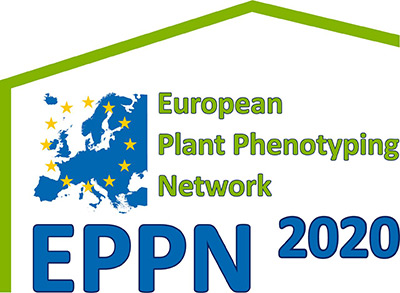Open Online Introduction to R Course

R is a programming language and software environment for carrying out computations, manipulating and analyzing data, and creating various types of plots and graphics (see the R project website for more info). R has become the 'lingua franca of statistics' and the software of choice for analyzing data in various disciplines. However, for many researchers, getting up and running with R remains a hurdle due to the command-driven nature of the software. The purpose of this course is to lay the necessary foundation for becoming a proficient R user.
In this course, we will cover:
- a bit of history and the development of R
- how to use and interact with R
- basic data structures
- data import and export
- data inspection and manipulation
- methods for graphing data
- t-tests and analysis of (co)variance
- correlations and linear regression
- categorical data analysis and logistic regression
- add-on packages (how to find, install, and work with them)
- how/where to obtain help when you get stuck
- basic programming structures (e.g., loops, if-else statements)
- writing documents with R Markdown
- and depending on time and interest various miscellaneous topics:
- how R 'works' (functions, classes, methods, oh my!)
- psychometrics (reliability and factor analysis)
- merging and reshaping datasets
- working with 'long format' datasets
- multilevel / mixed-effects models
- survival analysis and Cox models
- non-parametric methods
- string manipulations
- ...
Note:Â When discussing statistical methods/models, emphasis will be on the general syntax as used in R and less on the statistical details of the various procedures (i.e., this is not a 'stats' course, it is a 'how to do stats with R' course). Hence, some familiarity with basic statistical concepts and methods is helpful when following the course.
This free course is aimed at researchers, (Master and PhD level) students, data analysts/scientist, and essentially anybody interested in learning how to work with R.
Â
More Information

